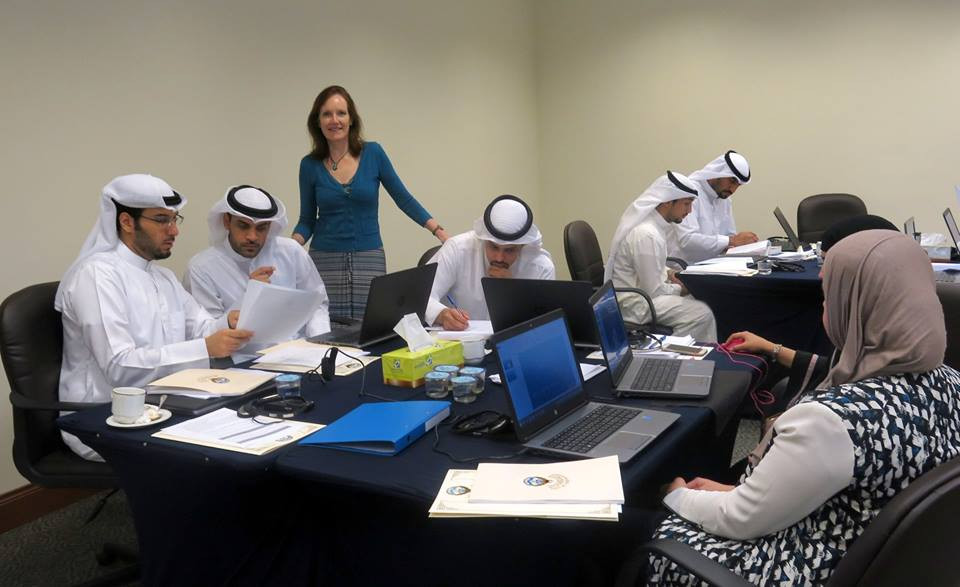Two-fold training workshop for Kuwait in financial investigations and asset recovery, and investigating corruption in infrastructure projects and procurement

At the request of the Kuwait Anti-Corruption Authority (KANCOR), experts from the International Centre for Asset Recovery (ICAR) conducted a series of two back-to-back 5-day training workshops in Kuwait City during mid-May 2015; first, a 5-day training workshop entitled “Financial Investigations and Asset Recovery” to enhance local capacity to investigate and prosecute complex (including international) corruption and money laundering cases and recover stolen assets. This initial workshop was attended by 25 participants, comprising prosecutors, KANCOR legal professionals, investigators, auditors and engineers, and representatives of the State Audit Board and Central Bank of Kuwait. The mix in audience is critical for emphasising the additional importance of creating opportunities for inter-agency networking in the interest of an integrated approach to fighting corruption and money laundering.
A second five-day, specialised training module on investigations into corruption in infrastructure projects and procurement was conducted by the ICAR trainers immediately after the initial standard ICAR training workshop. This second course examined procurement crimes in infrastructure construction projects, which is a primary source of corruption income. It covered the types of corruption and fraud schemes common in contracting and procurement such as bribery, collusion, bid rigging, kickbacks and undisclosed financial interests involved in contract award.
One of the senior KANCOR officials who attended both workshops indicated that this was the best training he had ever received. In his opinion, the difference lay in the fact that the training did not only involve the telling of stories but required him to do the work himself. He likened the practical exercise to a treasure hunt which was a very valuable method of teaching the participants. He stated that he would forget stories but not the principles he had learned through the use of the practical exercises.


